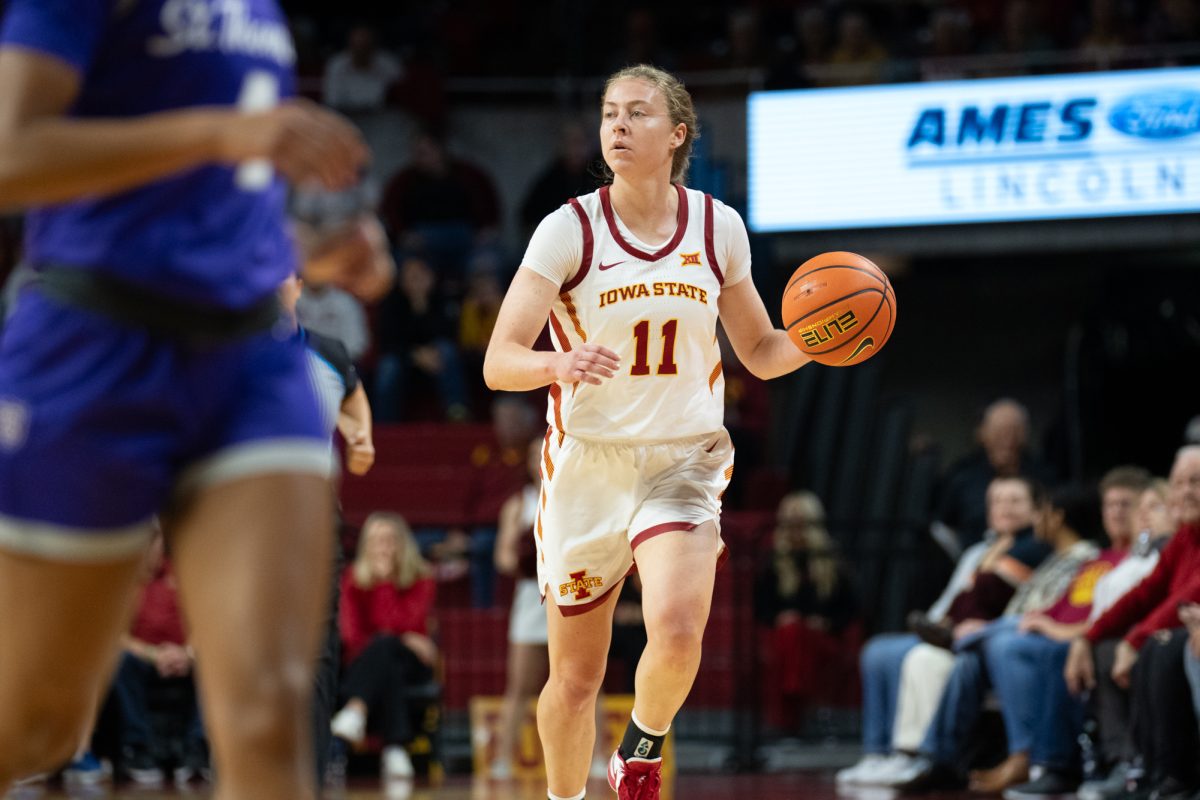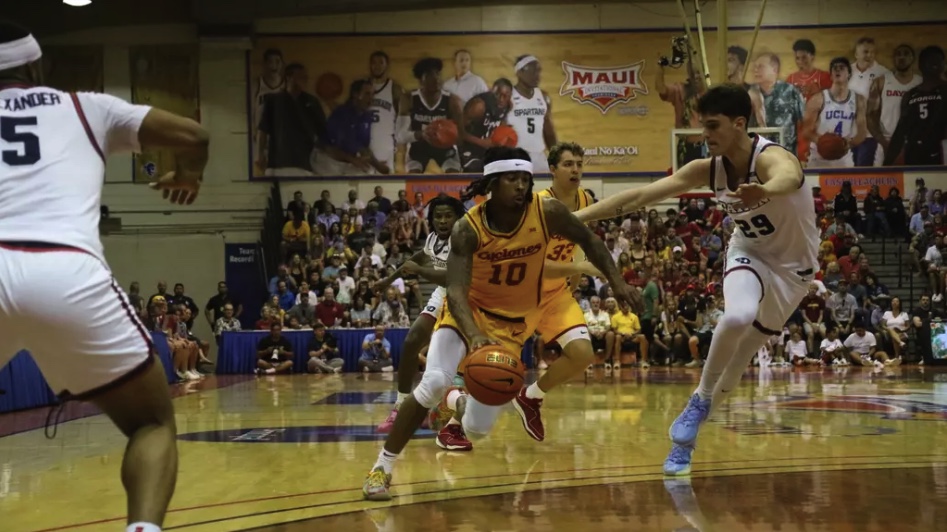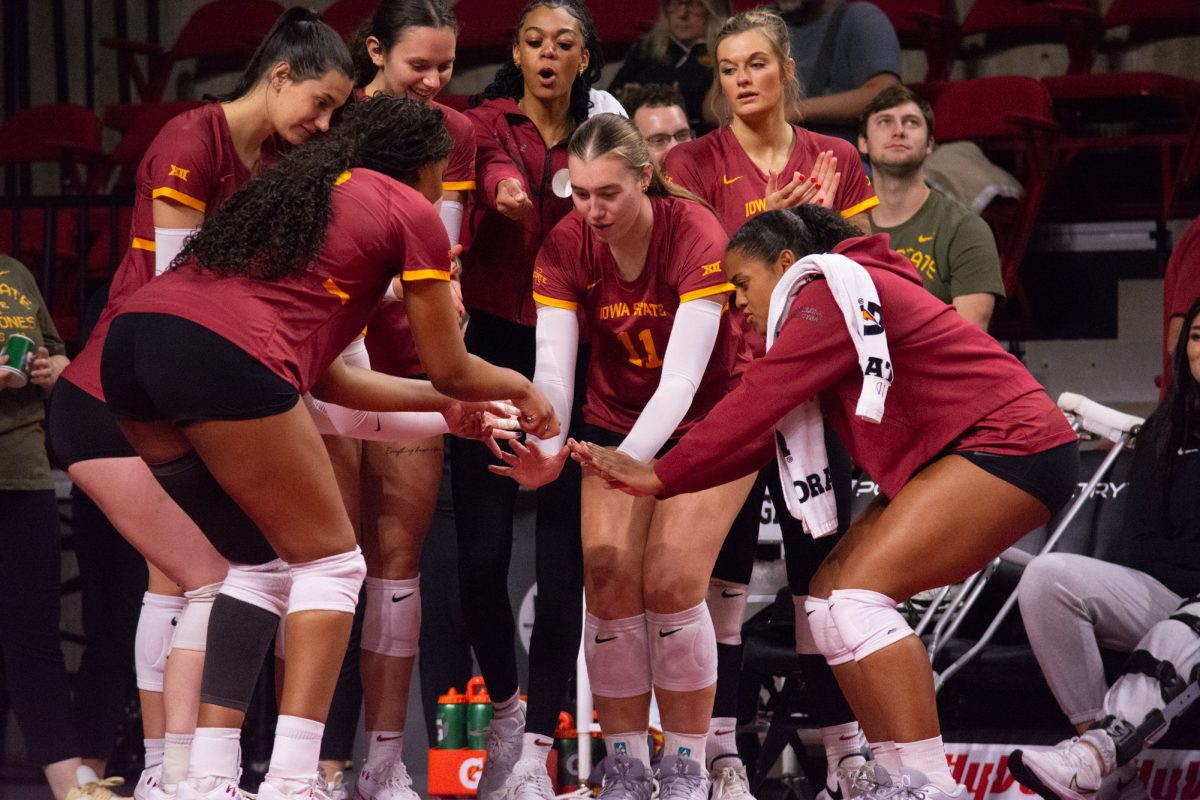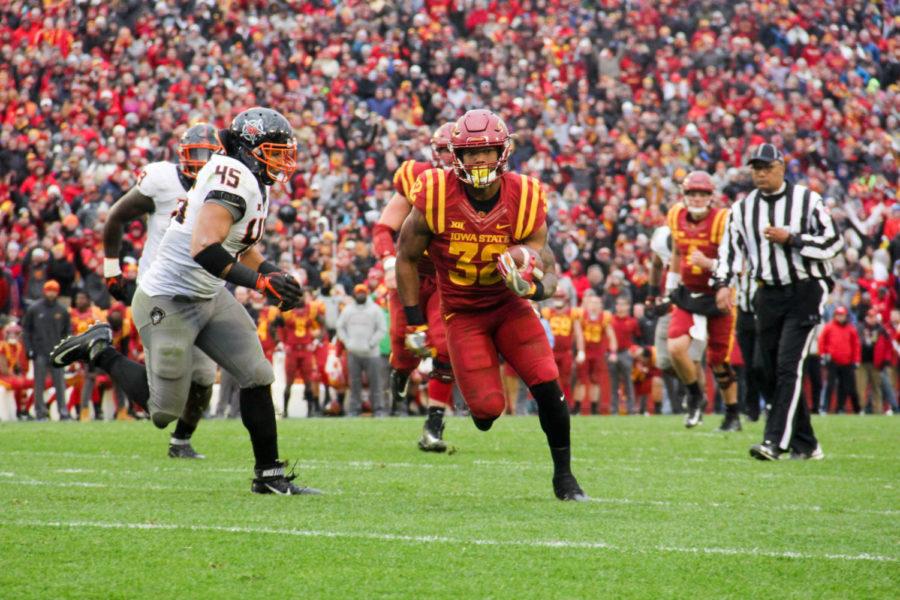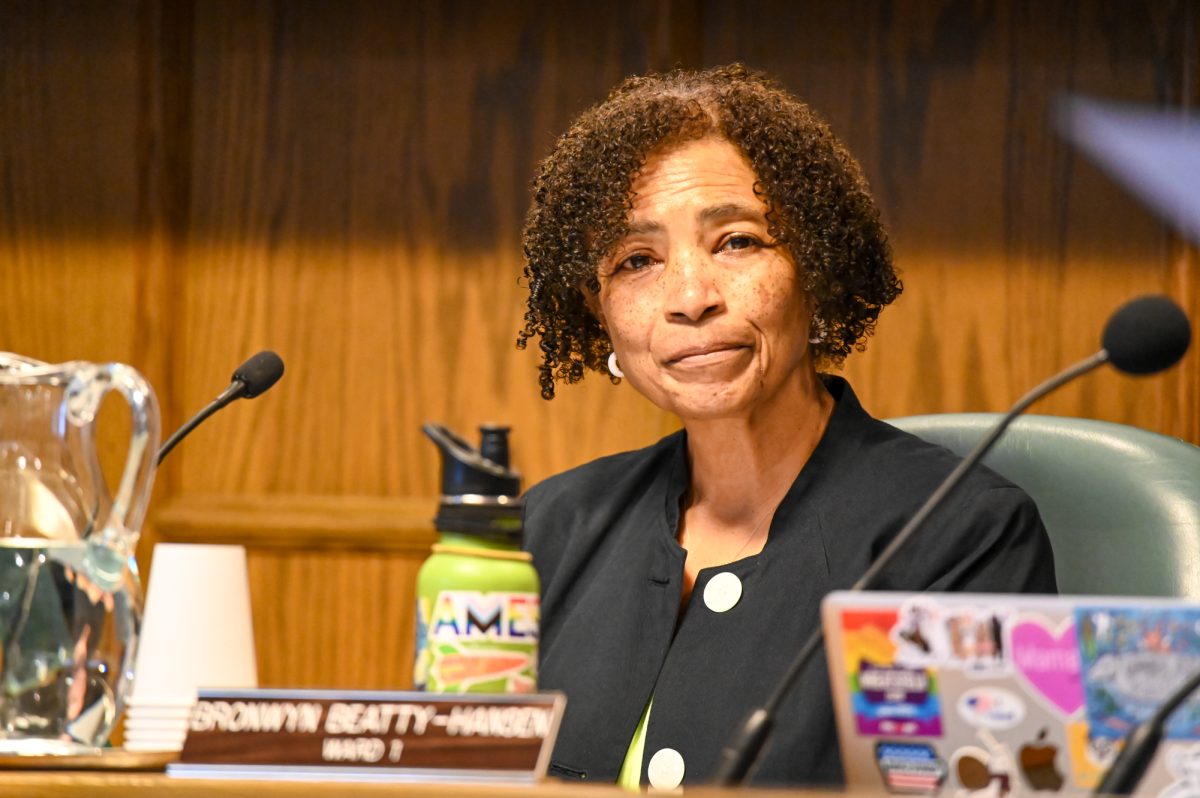LETTER: FDA rules outdated, must be followed
April 17, 2003
As officers of Golden Key International Honour Society, we are not sure what Joel Taylor’s purpose was in singling out our bone marrow drive for criticism in his April 16 letter “FDA regulations discriminate gays,” as opposed to the blood drive, an organ donation drive or plasma donation, all of which follow the same and sometimes stricter rules. But we are sure that he used inaccurate statistics and seems to have confused two very separate and distinct issues.
The first issue mentioned was that it is unfair for the FDA to prohibit donation by men who have had sex with another man since 1977 (which is the same rule for all other types of donation as well). We agree that this rule is unjust, especially when you consider that the rates for HIV infection among homosexual males are decreasing while rates for heterosexuals are not.
However, this regulation was imposed in 1991, which was the height of the AIDS panic and when both statistics and viable research were limited. We do not know for sure why this rule has remained in place, except that the FDA could be trying to avoid the panic that would undoubtedly arise if it liberalized the donation policy. The less informed among us would likely have serious doubts about the blood supply if this deregulation were to occur.
Whatever the reason, we agree that this rule is unreasonable in light of today’s current trends and feel that if you practice safe sex and are generous enough to give of your time and body to help others, then you should be able to.
Yet both the National Marrow Donor Registry and we, as a drive sponsor, must respect the FDA’s rules and comply, even when we do not agree.
The second issue that Taylor brought up was the under-representation of minorities on the registry. This is an unrelated issue that has nothing to do with the FDA, as Taylor’s letter implied, and is certainly not caused by the registry itself. While Caucasians currently have better chances at finding a match on the registry than other races, no one will ever find the outrageously high 150 perfect matches that Taylor quoted. The chances of finding a match are incredibly small for all races — only 0.33 percent of the patients have found any match that was good enough to lead to a transplant.
The national registry has recognized for some time that there are relatively few African-American, Latino, Asian-American and American Indian donors, which greatly reduce the chance for a match for a minority patient. This is why the national organization has created and been actively involved in programs that specifically seek out minority donors. They are trying to correct this inequity and deserve to be recognized for their efforts to recruit aid for every single patient.
We tried to take these factors into account, and we certainly never meant to alienate anyone in sponsoring this community service event here at Iowa State. We e-mailed multicultural organizations on campus about both the drive itself and the need for minority donors. We also mentioned it here in the Daily. We were trying to include everyone in our effort to help save lives.
We hope that next year more people of all races and ethnicities will recognize the extraordinary opportunity that is being offered and that they will decide to join as well.
Courtney Martin
Senior
Management and International Business
Golden Key President
Stacy Beeler
Junior
Journalism and Mass Communication
Golden Key Vice President


